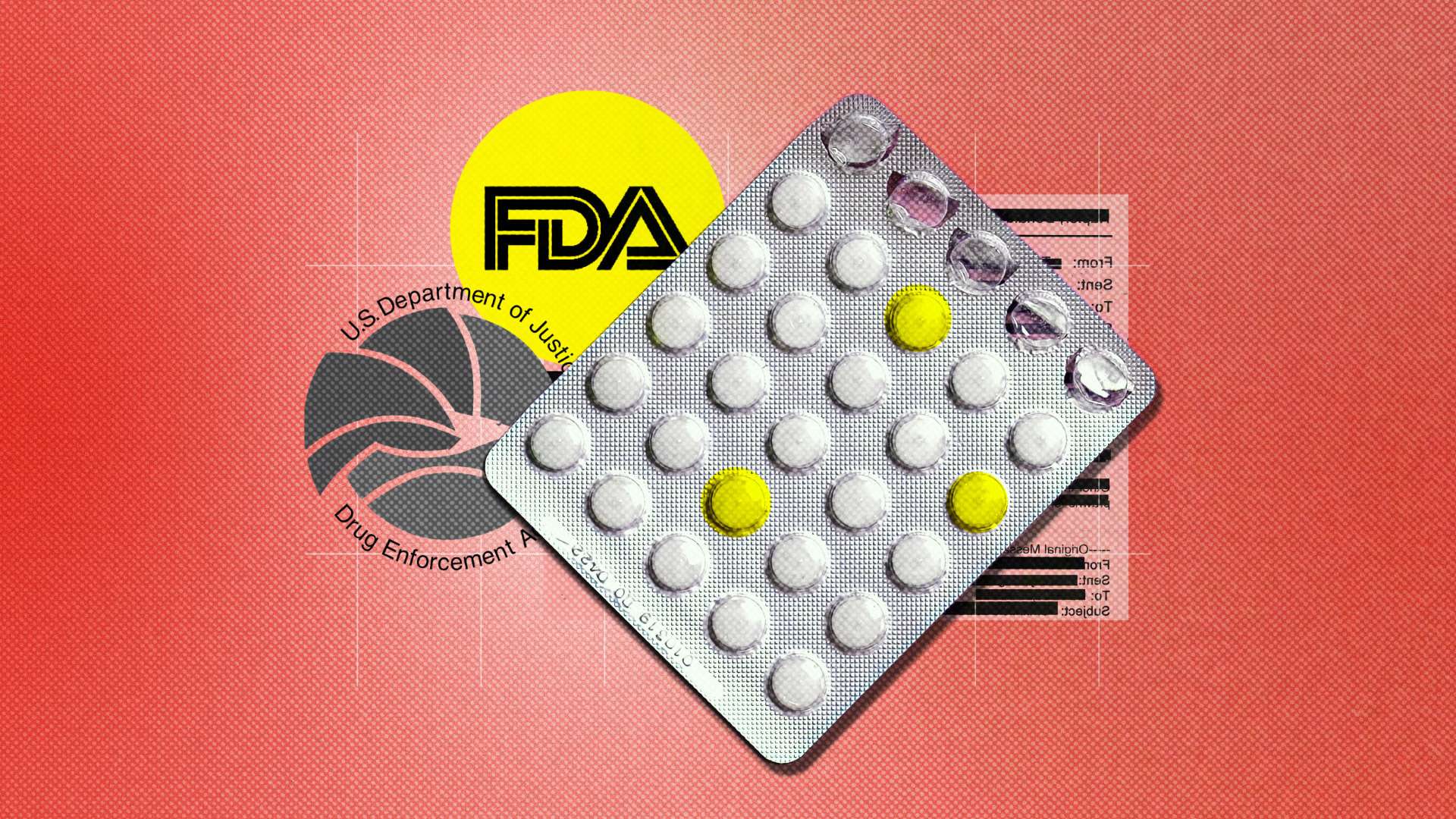The Cost of Nice Things: Understanding the Impact of the War on Drugs
Government regulation of healthcare markets often involves a variety of strategies and techniques that can be quite intricate, making it challenging to predict their consequences. However, in some instances, the government takes a more straightforward approach by outright denying access to certain treatments or substances. This has significant implications for patients with genuine needs and for healthcare professionals aiming to provide help. A recent example of this is the FDA’s decision not to approve MDMA-assisted psychotherapy as a viable treatment option for post-traumatic stress disorder (PTSD). This decision has drawn criticism from experts like psychiatrist Julie Holland, who highlights that such prohibitions primarily harm those suffering from PTSD who are seeking effective treatment options. Moreover, mental health professionals are also affected as they are left with limited alternatives to help an increasing number of traumatized patients.
In addition to the restrictions on novel treatments like MDMA, the government’s stringent control over prescription medications, particularly those for the treatment of Attention Deficit Hyperactivity Disorder (ADHD), exemplifies the unintended consequences of regulatory policies. The Drug Enforcement Administration (DEA) imposes strict limits on the availability of compounds like amphetamine and dextroamphetamine, intending to curb their potential for recreational misuse. However, these measures inadvertently lead to shortages and accessibility issues for patients with legitimate prescriptions. Many individuals, like Reason reporter C.J. Ciaramella, have recounted their difficulties in obtaining necessary medications, emphasizing how prolonged waits for prescriptions can exacerbate their conditions and significantly hinder their daily lives.
The high stakes involved in the government’s regulatory decisions can be illustrated through the narrative of the Adderall shortage. The DEA’s aggressive stance on controlling ADHD medications has contributed to a notable decline in the availability of these essential drugs, with reports indicating that prescriptions for ADHD medications decreased by 10%. Patients who are affected by this shortage often find themselves dealing with heightened anxiety and frustration as they struggle to manage their conditions without the needed medications. Ciaramella’s personal account sheds light on this troubling reality, showing how government actions can have far-reaching consequences on individual health outcomes.
The FDA’s rejection of MDMA-assisted therapy not only affects those who suffer from PTSD, but it also represents a broader trend in the mental health landscape where innovative treatment options are stifled in favor of regulatory caution. According to Holland, the current landscape of mental health treatments has changed little over the years, leaving practitioners with inadequate tools to address the escalating rates of trauma and mental health issues. By denying access to potentially effective treatments, regulatory agencies hinder progress in mental health care and limit the therapeutic avenues available to clinicians and their patients.
Furthermore, the complexities surrounding drug accessibility extend beyond the specific cases of MDMA and ADHD medications. The prevailing regulations often create an environment where patients are either forced to navigate unnecessary bureaucratic hurdles or are left without options altogether. This scenario not only frustrates patients but also puts immense pressure on healthcare providers who are striving to offer their patients the best possible care. As regulatory agencies prioritize the restriction of certain medications, they run the risk of neglecting the real-world implications of their policies, ultimately leading to worsened health outcomes for vulnerable populations.
In conclusion, the government’s regulatory landscape in healthcare is marked by a tension between preventing misuse and ensuring access to necessary treatments. The cases of MDMA-assisted therapy for PTSD and the Adderall shortage illustrate the detrimental effects of strict regulations on vulnerable patient populations. As policymakers grapple with the complexities of healthcare regulation, it is crucial to prioritize patient needs and consider the broader impacts of their decisions on treatment accessibility. A balance must be struck between necessary controls and the imperative to allow patients to access effective care to address their legitimate healthcare needs.
Share this content:












Post Comment